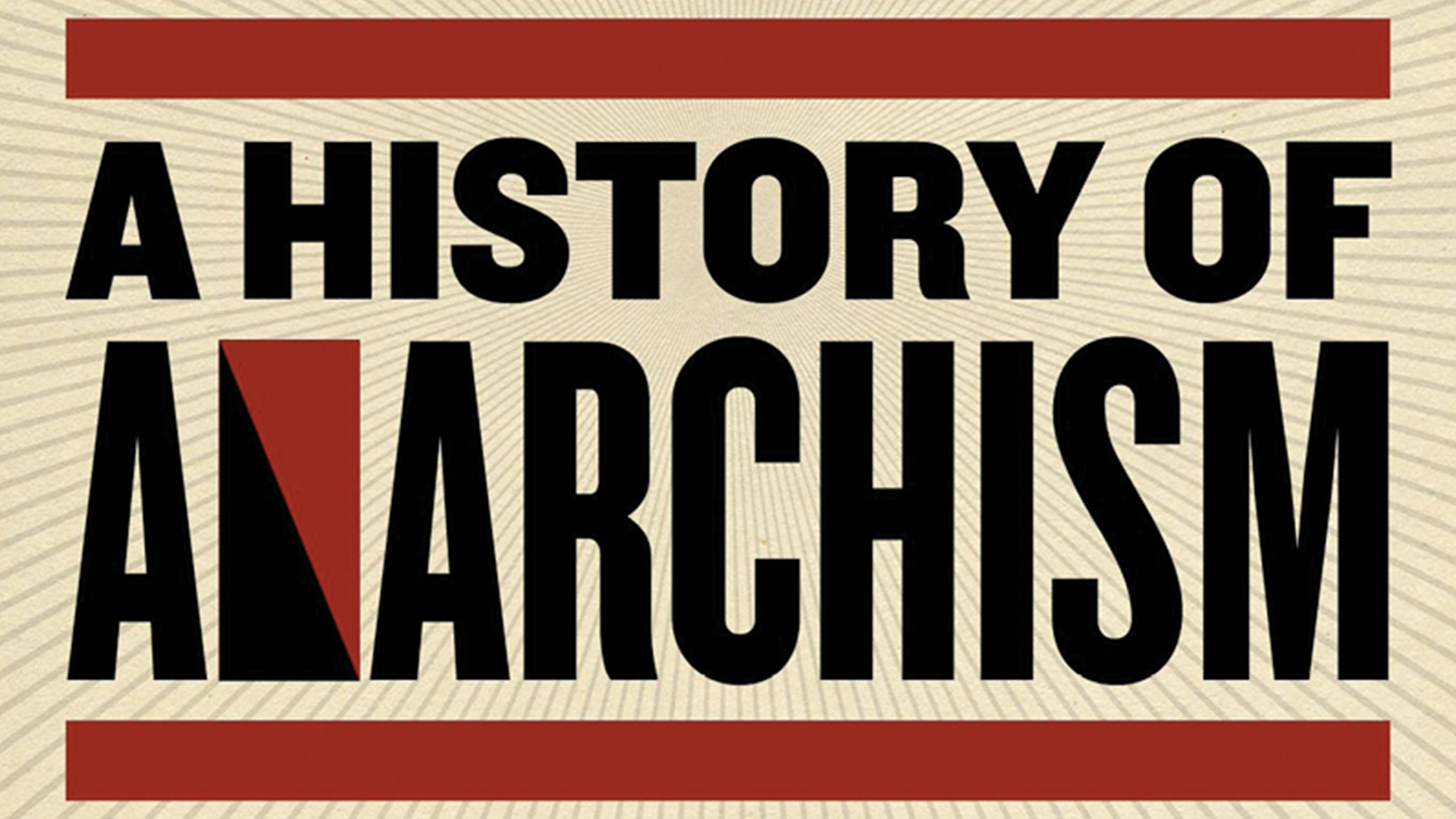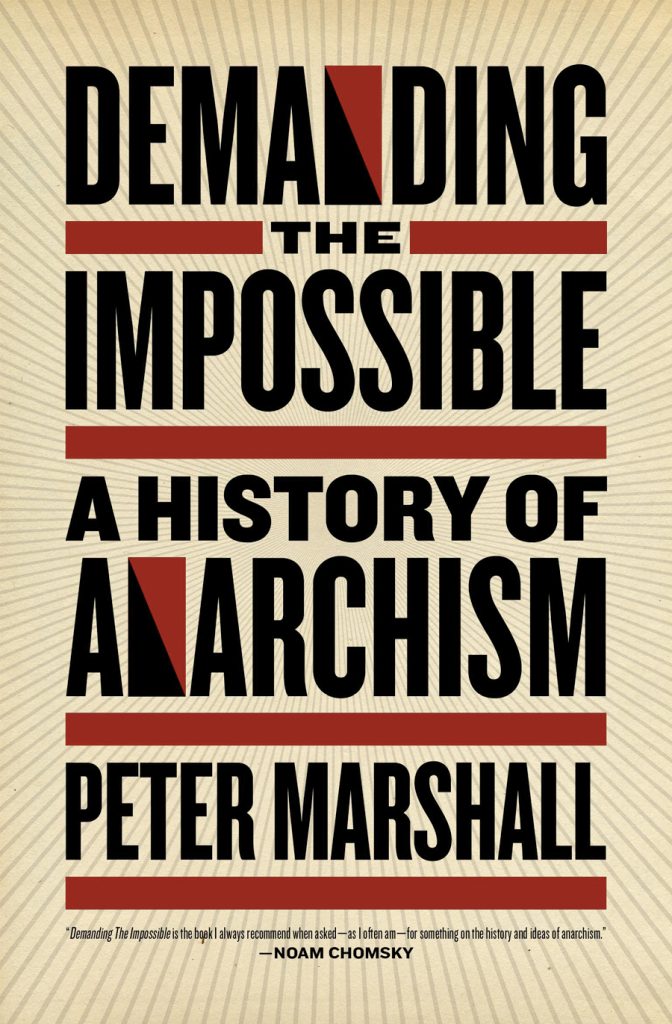By Joshua Sinai
Perspectives on Terrorism
Volume 12, Issue 2
April 2018
This is a comprehensive and massive collection of primary documents from leading anarchist theoreticians since the movement’s origins in the 1890s, although some historical predecessors are also included. In the introduction, the volume’s editor de nes an anarchist “as one who rejects all forms of external government and the State and believes that society and individuals would function well without them” (p. xiii). Regarding the involvement of anarchists in terrorism, the editor points out that “only a tiny minority of anarchists have practiced terror as a revolutionary strategy, and then chie y in the 1890s when there was a spate of spectacular bombings and political assassinations during a period of complete despair” (p. ix). Following the editor’s introductory overview, the volume is divided into seven parts. Part O, “Anarchism in eory”; Part II, “Forerunners of Anarchism”; Part III, “Great Libertarians”; Part IV, “Classic Anarchist inkers” (such as William Godwin, Max Stirner, Joseph Proudhon, Michael Bakunin, Peter Kropotkin, Leo Tolstoy, Emma Goldman); Part V, “Anarchism in Action” (in countries such as France, Italy, Spain, Russia, Europe, the United States and Latin America); Part VI, “Modern Anarchism” (including the New Le , the New Right, and modern anarchists); and Part VII, “ e Legacy of Anarchism.” e Epilogue takes the form of a literature review that assesses new developments in anarchist thought and activities. e author concludes that one of anarchism’s main contributions is its utopianism “in that it imagines the world as it could be. But it is also realistic in that it conserves and develops ancient traditions of self-help and mutual aid and profound libertarian tendencies within society” (p. 705).







